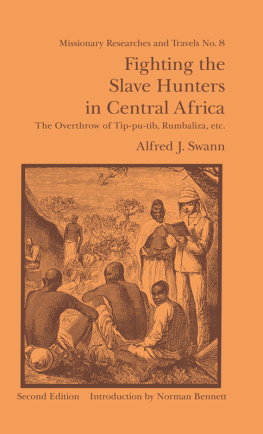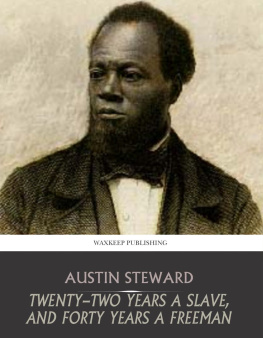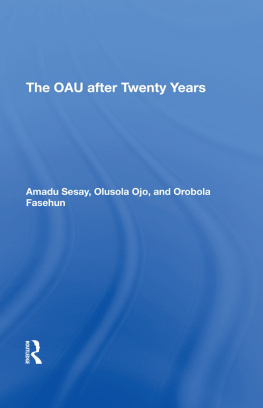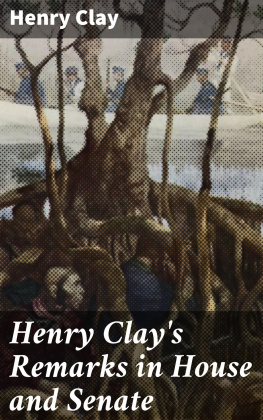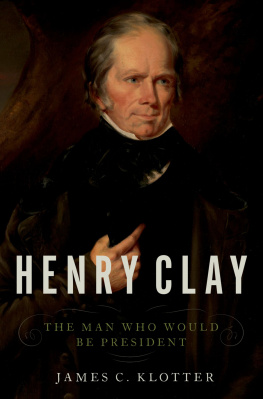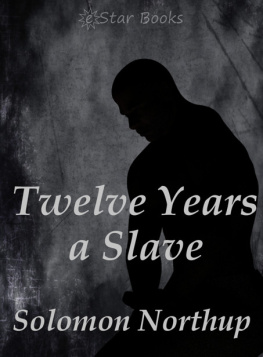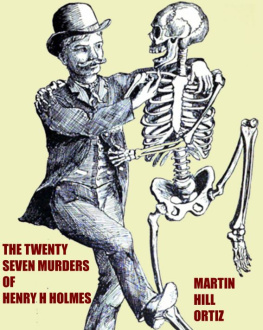PREFACE.
Table of Contents
The author offers to the public this little book, containing his personal recollections of slavery, with the modest hope that it will be found to present an impartial and unprejudiced view of that system. His experience taught him that all masters were not cruel, and that all slaves were not maltreated. There were brutal masters and there were mean, trifling lazy slaves. While some masters cruelly whipped, half fed and overworked their slaves, there were many others who provided for their slaves with fatherly care, saw that they were well fed and clothed, and would neither whip them themselves, nor permit others to do so.
Having reached the age of twenty-nine before he could call himself a free man, and having been peculiarly fortunate in all his surroundings during the period of his slavery, the author considers himself competent to deal with all concerned, fairly and without prejudice, and he will feel more than repaid for his labor, if he can throw even some little new light upon this much mooted question. He believes that we are too far removed now from the heart burnings and cruelties of that system of slavery, horrible as it was, and too far removed from that bloody strife that destroyed the system, root and branch, to let our accounts of it now be colored by its memories. Freedom has been sweet indeed to the ex-bondman. It has been one glorious harvest of good things, and he fervently prays for grace to forget the past and for strength to go forward to resolutely meet the future.
The author early became impressed with the belief, which has since settled into deep conviction, that just as the whites were divided into two great classes, so the slaves were divided. There are certain characteristics of good blood, that manifest themselves in the honor and ability and other virtues of their possessors, and these virtues could be seen as often exemplified beneath black skins as beneath white ones. There were those slaves who would have suffered death rather than submit to dishonor; who, though they knew they suffered a great wrong in their enslavement, gave their best services to their masters, realizing, philosophically, that the wisest course was to make the best of their unfortunate situation. They would not submit to punishment, but would fight or run away rather than be whipped.
On the other hand there was a class of Negroes among the slaves who were lazy and mean. They were as untrue to their fellows as to themselves. Like the poor whites to whom they were analogous in point of blood, they had little or no honor, no high sense of duty, little or no appreciation of the domestic virtues, and since their emancipation, both of these inferior blooded classes have been content to grovel in the mire of degradation.
The poor white class was held in slavery, just as real as the blacks, and their degradation was all the more condemnable, because being white, all the world was open to them, yet they from choice, remained in the South, in this position of quasi slavery.
During the slave days these poor whites seemed to live for no higher purpose than to spy on the slaves, and to lie on them. Their ambitions were gratified if they could be overseers, or slave drivers, or padrollers as the slaves called them. This class was conceived and born of a poor blood, whose inferiority linked its members for all time to things mean and low. They were the natural enemies of the slaves, and to this day they have sought to belittle and humiliate the ambitious freeman, by the long catalogue of laws framed with the avowed intention of robbing him of his manhood rights. It is they who cry out about social equality, knowing full well, that the high-toned Negro would not associate with him if he could.
If there had been no superior blooded class of blacks in the South, during the dark and uncertain days of the war, there would not have been the history of that band of noble selfsacrificing heroes, who guarded with untiring and unquestioned faith, the homes and honor of the families of the very men who were fighting to tighten their chains. No brighter pages of history will ever be written, than those which record the services of the slaves, who were left in charge of their masters homes. These men will be found in every case to have been those, who as slaves would not be whipped, nor suffer punishment; who would protect the honor of their own women at any cost; but who would work with honesty and fidelity at any task imposed upon them.
The authors recollections begin with the year 1842, and he will endeavor to show how slaves were reared and treated as he saw it. His recollections will include something of the industrial conditions amidst which he was reared. He will discuss from the standpoint of the slave, the conditions which led to the war, his status during the war, and will record his experiences and observations regarding the progress of the Negro since emancipation.
It is his belief, that one of the most stupendous of the wrongs which the Negro has suffered, was in turning the whole army of slaves loose in a hostile country, without money, without friends, without experience in home getting or even self-support. Their two hundred and fifty years of unrequited labor counted for naught. They were free but penniless in the land which they had made rich.
But though they were robbed of the reward of their labor, though they have been denied their common rights, though they have been discriminated against in every walk of life and in favor of every breed of foreign anarchist and socialist, though they have been made to feel the measured hate of the poor white mans venom, yet through it all they have been true; true to the country they owe (?) so little, true to the flag that denies them protection, true to the government that practically disowns them, true to their honor, fidelity and loyalty, the birthrights of superior blood.
H. C. BRUCE,
Washington , D. C.
CHAPTER I.
Table of Contents
My mother often told me that I was born, March 3rd, of the year that Martin Van Buren was elected President of the United States, and I have therefore always regarded March 3rd, 1836, as the date of my birth. Those who are familiar with the customs that obtained at the South in the days of slavery, will readily understand why so few of the ex-slaves can give the correct date of their birth, for, being uneducated, they were unable to keep records themselves, and their masters, having no special interest in the matter, saw no necessity for such records. So that the slave parents, in order to approximate the birth of a child, usually associated it with the occurrence of some important event, such, for instance, as the year the stars fell, (1833), the death of some prominent man, the marriage of one of the masters children, or some notable historical event. Thus by recalling any one of these occurrences, the age of their own children was determined. Not being able to read and write, they were compelled to resort to the next best thing within reach, memory, the only diary in which the records of their marriages, births and deaths were registered, and which was also the means by which their mathematical problems were solved, their accounts kept, when they had any to keep.




